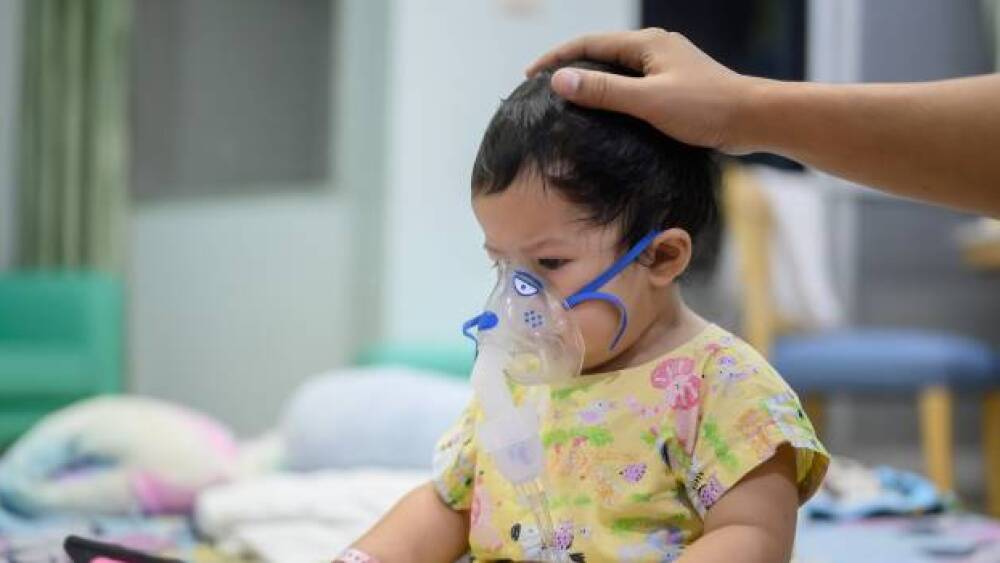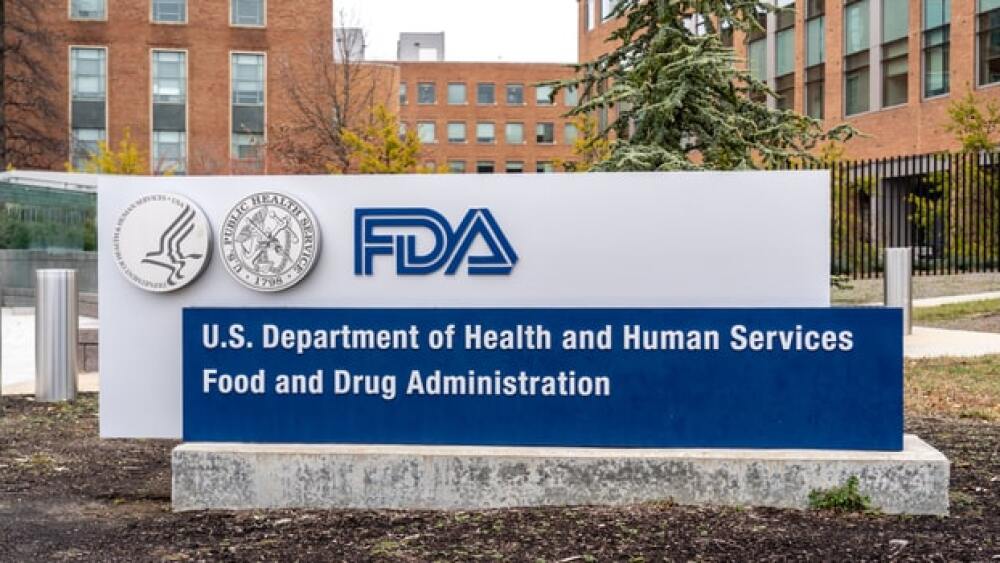Pfizer, J&J and GSK indicate plans to file for regulatory approval by the end of this year for vaccines against RSV, which would see vaccines against the disease becoming available in 2023.
On April 14, Pfizer reported it was acquiring privately-held ReViral for a deal that could hit $525 million once all the milestone payments are added up. The rationale is to pick up the company’s pipeline of respiratory syncytial virus (RSV) drugs.
RSV, a respiratory virus that kills up to 500 children and 14,000 older adults each year in the U.S., looks to be a big target for several biopharma companies, including Pfizer, Moderna, GlaxoSmithKline and Johnson & Johnson. The Wall Street Journal points out that it is one of the last childhood diseases for which there is no approved vaccine. RSV infections cause 58,000 hospitalizations of children under the age of 5 each year and hospitalizations of 177,000 adults 65 and older, according to the U.S. Centers for Disease Control and Prevention.
Pfizer, J&J and GSK all indicate plans to file for regulatory approval by the end of this year for vaccines against the disease, which, if all things go well, would see one or more vaccines against the disease becoming available in 2023. In addition, older adults or pregnant women may be eligible for the shots.
In addition to the vaccines, Sanofi and AstraZeneca are working on an antibody therapy that could vaccinate newborns to prevent RSV disease.
“The impact would be huge,” said Dr. Janet Englund, M.D., a respiratory virus specialist and RSV researcher at Seattle Children’s Hospital. “It would change hospitalization rates. Young babies wouldn’t have to come to the hospital so much.”
Although often thought of as a childhood disease, RSV has an even higher fatality rate in older adults. Dr. H. Cody Meissner, M.D., chief of the division of pediatric infectious disease at Tufts University School of Medicine, told WSJ, in the elderly, “if a person has chronic lung disease or if they’ve had a heart attack or some underlying condition, they are at increased risk of dying from an RSV infection.”
ReViral, which is based in London, has four RSV therapies in its pipeline. Its lead product is sisunatovir, and another treatment is presently in Phase II trials. Pfizer’s own RSV vaccine candidate is in Phase III trials.
Annaliesa Anderson, Ph.D., chief scientific officer of Bacterial Vaccines and Hospital at Pfizer, said, “Currently, treatment options for RSV are extremely limited and focus primarily on supportive care.”
Moderna launched the Phase III portion of its pivotal Phase II/III RSV vaccine trial in late February. Like its COVID-19 vaccine, it is an mRNA design. The Data and Safety Monitoring Board (DSMB) endorsed the Phase III trial in people 60 years and older. It came after a preliminary Phase II data review, which showed an acceptable safety profile in that population at the chosen dosage.
The Moderna product, mRNA-1345, encodes for a prefusion F glycoprotein. It uses the same lipid nanoparticle technology as the COVID-19 vaccine. The FDA granted its Fast Track designation in adults older than 60 years of age in August 2021.
RSV, like influenza, tends to be a disease of the fall and winter. However, the COVID-19 pandemic has seen an increased RSV infection throughout the year.
Janssen Pharmaceutical Companies of J&J initiated its Phase III EVERGREEN trial in September 2021 to evaluate its adult vaccine against lower respiratory tract disease (LRTD) caused by RSV in people 60 years or older. Its Phase IIb CYPRESS trial demonstrated safety and efficacy in adults 65 and older.
In February 2022, GSK reported a problem with their RSV maternal vaccine candidate in pregnant women Phase III trial. The company decided to stop enrollment and vaccination in trials in that cohort, although its AReSVi 006 Phase III in adults 60 and older continued. Apparently, there were safety concerns, although no details were released.
And on March 3, 2022, Sanofi published results from a Phase III trial of nirsevimab, its long-acting antibody to protect infants against RSV with a single dose. The study met the primary endpoint, decreasing the incidence of medically attended lower respiratory tract infections caused by RSV by 74.5% compared to placebo. The drug is being developed by Sanofi and AstraZeneca.





